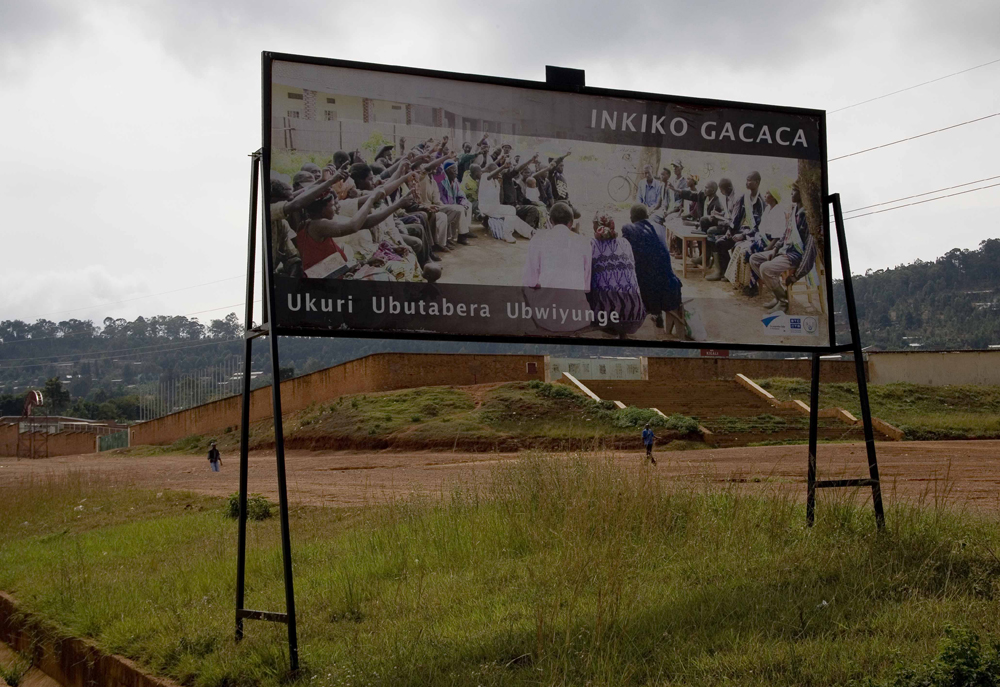
The 20th anniversary of the Genocide against the Tutsi in April 2014 renewed discussions about justice and reconciliation in Rwanda. Rwanda’s restorative justice sentenced thousands of perpetrators to reparation (often a monetary compensation) at the gacaca (community courts). However, many survivors have yet to receive reparation and most perpetrators keen to make reparation are poor and unable to do so.
Guest Post by Iran Seyed-Raeisy:
In 2013 I conducted research into the often neglected perpetrators’ view of the above issues. “Reparation & reconciliation in post-genocide Rwanda: perpetrators’ perspective” examined the role of reparation in achieving reconciliation in Rwanda. Perpetrators are infrequently consulted in the reconciliation discussion and little in literature is known about their perspectives. Hence, I specifically focused on the perpetrators’ viewpoint on reparation and reconciliation. I conducted 16 in-depth interviews with perpetrators and perpetrators’ family members responsible for reparation.
My research captured the perpetrators’ characteristics and their understanding of reconciliation while also explaining the factors facilitating and hindering the role of reparation in achieving reconciliation. The findings illustrate that reparation can lead to a more empowered and positive social identity for perpetrators.
The concept of conscientisation by Brazilian philosopher, Paulo Freire explains how reparation serves as a driving force to bring people together and to awaken their conscience and critical thinking. It is through this process that survivors and perpetrators become participants in the process of reconciliation and work together towards the common goal of rebuilding their lost social cohesion. While reparation promotes reconciliation, it also hinders the process when perpetrators do not pay reparation due to financial constrains. While this research captured the perspective of perpetrators willing to make reparation further research needs to capture the perspective of perpetrators unwilling to pay reparation. The research confirms the need to address the issue of reparation possibly through the establishment of a reparation trust fund or similar mechanism.
Ibuka, the umbrella collective of survivor organisations and its members, have worked with the Government of Rwanda and the International Organisation for Migration more recently on how to address the above issue. The findings of this research confirm the vital need to address the issue of reparation for the benefit of both survivors and perpetrators.
Reparation & Reconciliation in Post-Genocide Rwanda – Perpetrators’ Perspectives was conducted in partnership with Survivors Fund (SURF) based in Kigali & London and Association Modeste et Innocent (AMI) based in Butare.
*Iran Seyed-Raeisy is an alumna of the MSc Health, Community and Development programme at the London School of Economics & Political Science. She is currently an MPhil/PhD candidate at the same school. Most recently, she served as the Communications Officer for the Task Force to Remember Survivors 20 in Kigali.

